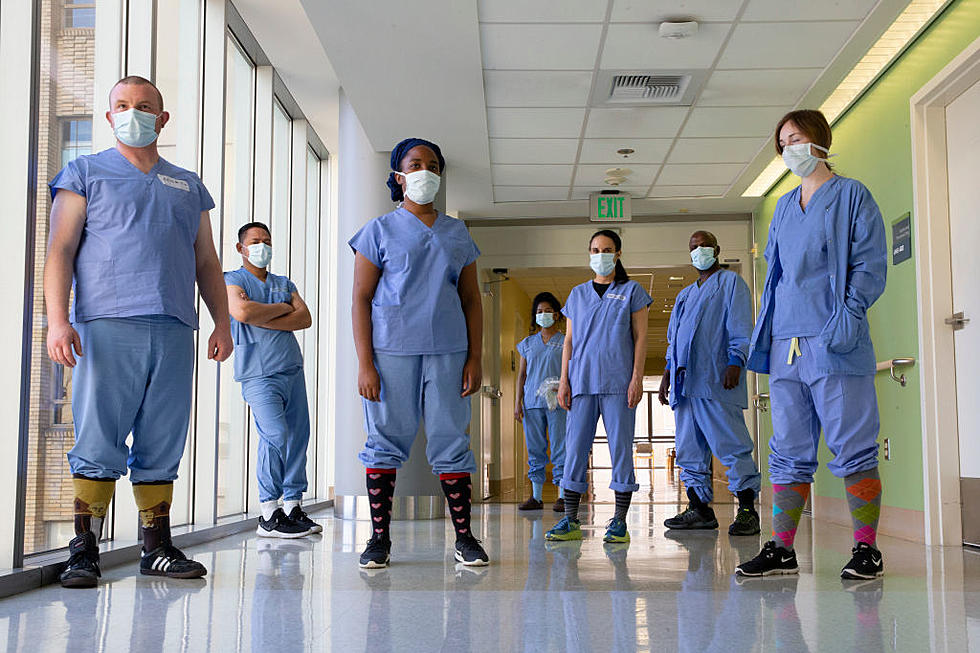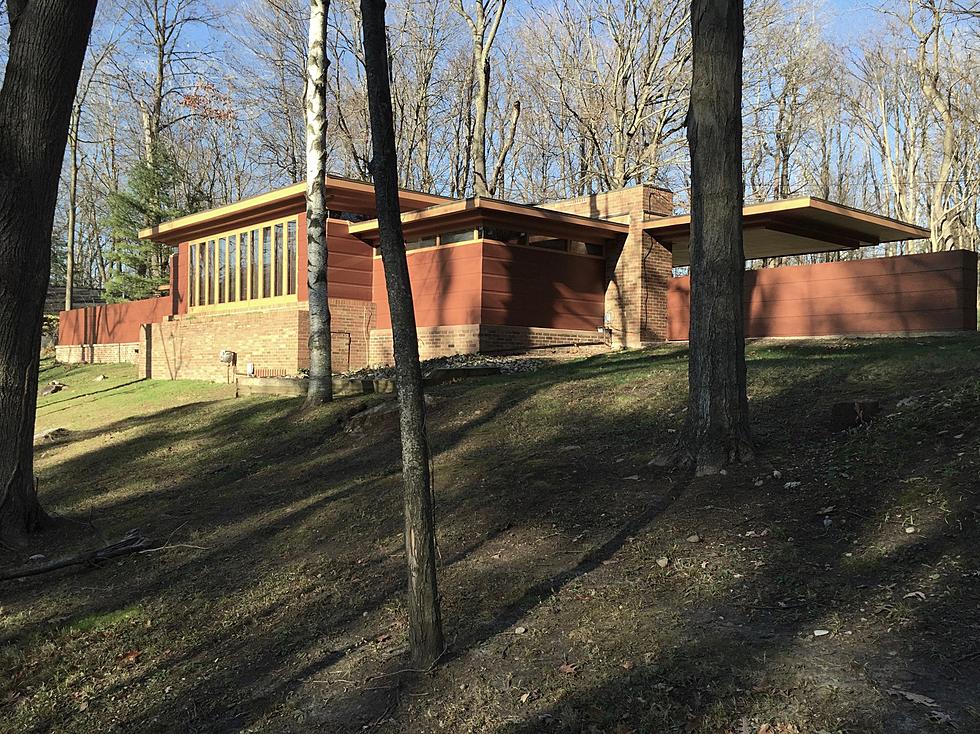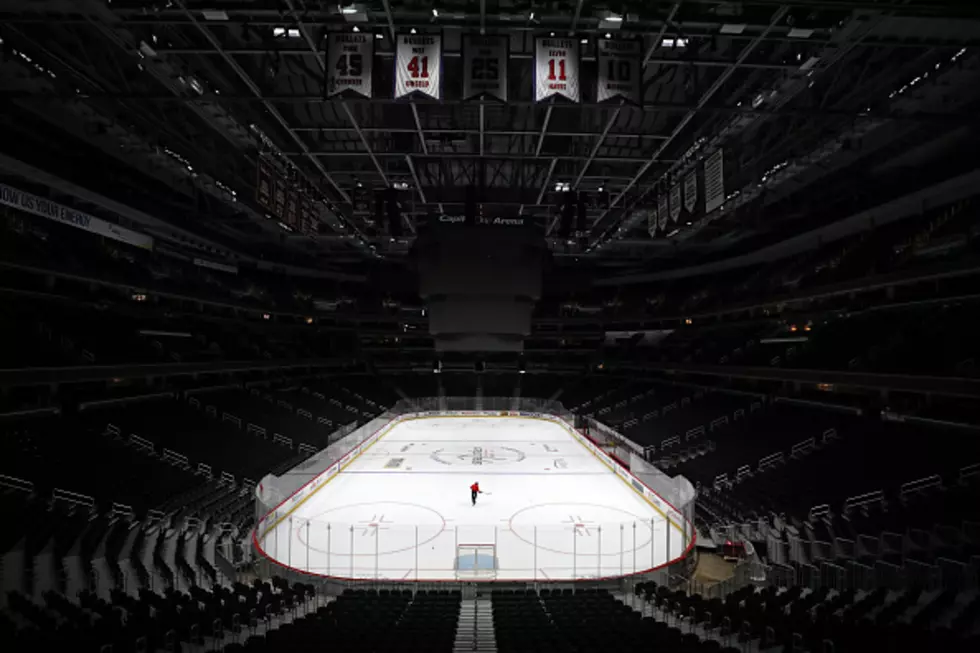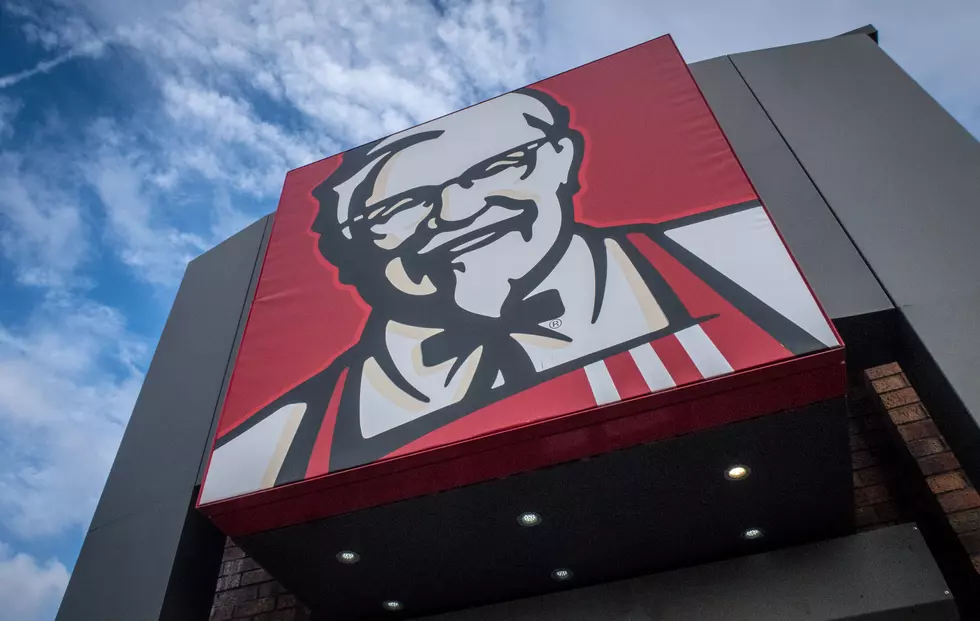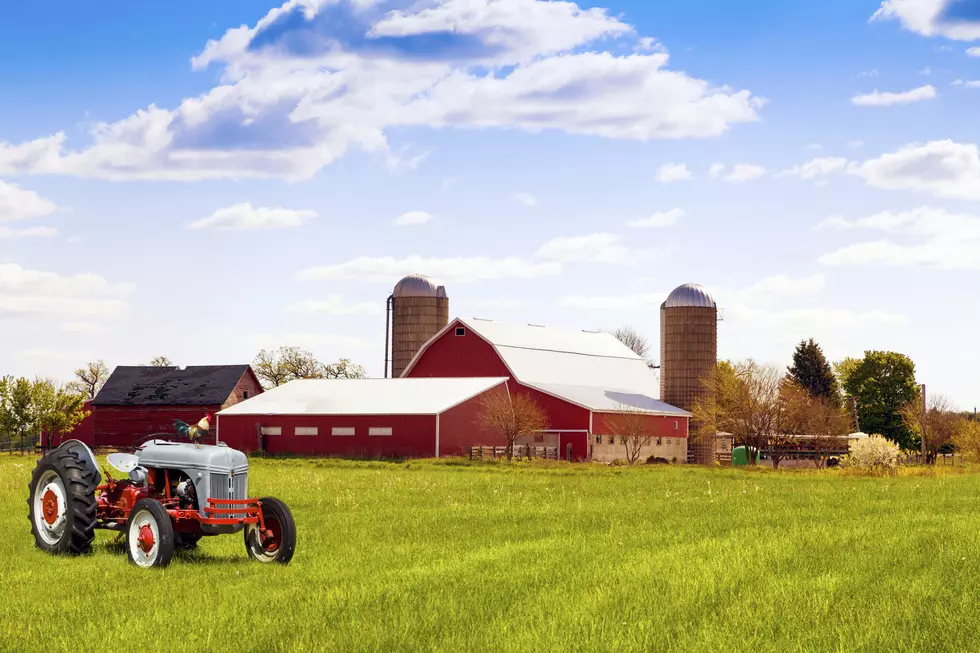
Why Do Barbers Even Need a License?
Have you ever wondered why in the heck a Barber needs to have a license?
In 2020, it would seem the reason is so that state governors can fine and close shops that don’t comply with their shut-down orders. But there are a couple of reasons why barber licenses came to be that go back more than a century.
Barbers are regulated and licensed in all 50 states. In 1897 the state of Minnesota was the first to pass legislation for a barber license. For the next forty years, most states required that barbers be licensed and inspected for sterilization to “protect the public” from disease The idea mostly came from barbers. When they started lobbying for licensing requirements state health boards were perplexed. There had been no reports of outbreaks stemming from barbers using unsterile tools. Long gone were the days when barbers performed gallstone surgeries and other medical procedures. They pretty much just cut hair and shaved faces.
An article in Collector’s Weekly spells out the real reasons for barber licensing. A lot of the information in that article was posted in Quora Digest recently by self-professed “Barber Nerd” Mike Holmes. Mike wrote:
“Well, let’s look at the situation as it was in America at the end of the 1800's. Up to that time, barbering was predominantly an African-American occupation, especially in the south, where nearly all barbers were black. Before the Civil War, these were mostly slaves, of course. Barbering was looked at as a lowly service occupation.”
Mike points out that, after emancipation, black barbers were well situated to take advantage of their finely honed skills and the relationships that they had built up in the white community. Barbers were among the first ranks of black citizens to accumulate some degree of wealth.
But black barbers had to stick to cutting and shaving white men. Whites were not comfortable having blacks sit in the next chair over, and possibly being shaved with the same razors. So, black barbers were exclusive to either whites or blacks, although there’s speculation that white shops sneaked some black customers in after hours. Another issue in play after the Emancipation Proclamation was that many whites were not comfortable with newly-freed slaves hovering over them with straight razors. Nothing ever happened, but it must have been in the minds of some white customers reading about slave rebellions in Haiti.
Since the Civil War, and up to the turn of the century, blacks generally had the best skills in the barbering profession. That is until a lot of non-black barbers started pouring through Ellis Island. As they started to set up shop, they found that a lot of black barbers were already established.
So it was about this time that they started lobbying states to establish licensing boards, to promote barbering as a respectable skilled profession and ostensibly to fend off disease and infection.
“They pretty much wrote the rules to target black shops, including requirements for barbers to attend formal barbering schools. No school, no license, and the first schools were not open to African-Americans”, writes Mike Holmes. “Within a generation, the industry was totally flipped on its head as black barbers were forced out of white areas. Barbering went from being predominantly black to completely segregated, except in pockets of the south where the old ways were held tightly.” Alabama recently became the final state to require a barber license.
States like Arkansas and Texas have recently begun introducing legislation to do away with licensing requirements, allowing the free market to determine who cuts hair and who doesn’t. A 2019 article in Reason Magazine makes a case for phasing out barber licenses.
Nobody’s saying that licensing requirements exist today to keep any ethic groups out. According to the National Barber Museum, since 1995, over 50 percent of barber students are African-American. But pretty much every barber alive has had to pony up the money for school, and for state fees, not to mention the cost of equipment and a place. You can’t blame them for wanting to protect their investment. But does a barber really need a license?
More From 1240 WJIM AM
